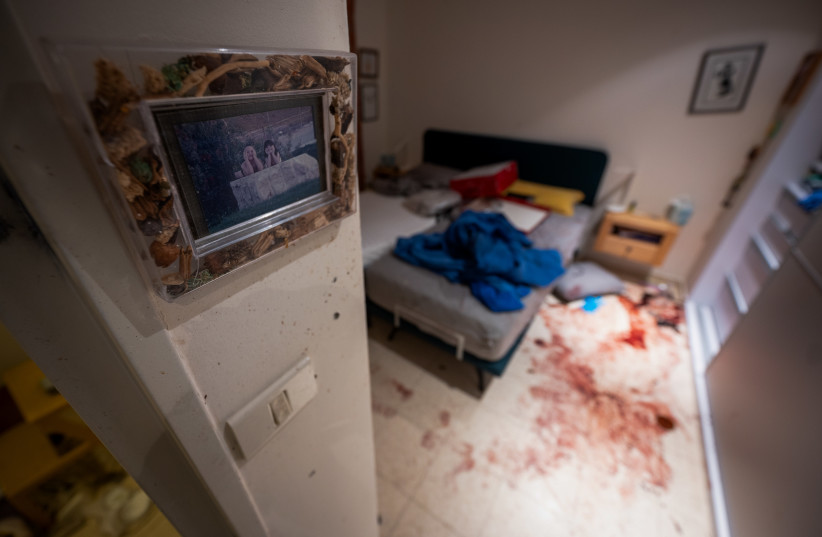About 100,000 citizens were evacuated to 230 hotels and guest houses after coming under Hamas missile fire in the South and North, Health Ministry officials told the Knesset Interior Committee yesterday.
MKs were told that cities and kibbutzim that took in evacuees have a shortage of doctors, pharmacists, and means of providing emotional support for children.
Committee chairman and Shas MK Yonatan Mashriki said, “We will conduct an in-depth investigation in response to long-term mental health care for the residents of kibbutzim and moshavim around Gaza. The health funds must contact all the evacuees at their own initiative so as to maintain a continuity of care for them.”
He maintained that many citizens turned to him with questions, needs, and problems, and called all evacuated citizens to contact the Interior Committee.
According to Col. Shiran Hashai-Levi, the control headquarters of the Home Front Command is responsible for evacuating civilians to hotels, and “there are staff members of the command and representatives of the government ministries who meet their needs with help from volunteer organizations.”

Clinics have been established in hotels around the Dead Sea and Eilat
Gadi Yarkoni, head of the Eshkol Regional Council, added the need to treat victims of post-trauma. In some settlements, about a quarter of the residents were murdered, kidnapped, or cut off from contact.
He emphasized the need for medical and psychological treatment for the abductees when they return.
Yesh Atid MK Sheli Tal-Maron spoke of the need of many evacuees for simple medicines such as paracetamol, Nurofen, and children’s medicines, as well as for emotional support – especially for children at night.
Dr. Hadar Elad, head of the Health Ministry’s community medicine department, said that every evacuee should ask for treatment from their own health fund.
Nahi Katz, CEO of Kedem – which represents nursing homes and assisted living – warned of the lack of nursing care workers and security guards at the entrances of evacuee housing facilities, and that there is a constant lack of staff. As a result, those who are present have switched to 12-hour shifts.
Dr. Irit Laxer-Asael, head of the Health Ministry’s geriatrics department, responded that there is a constant discussion on the matter with the Welfare Ministry.
Dalit Tzipel of the largest health fund, Clalit Healthcare Services, suggested the establishment of a unified clinic in the Eshkol region and the possibility of free home delivery of medicines to the entire population. She said the clinics made contact on their own initiative with the elderly nursing home residents who were evacuated, to identify the specific needs.
